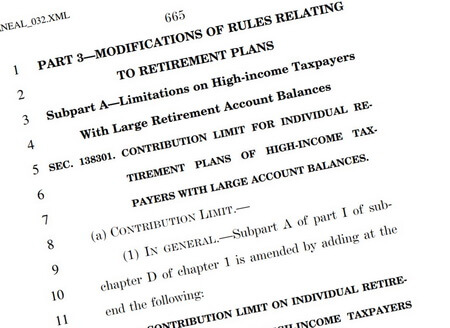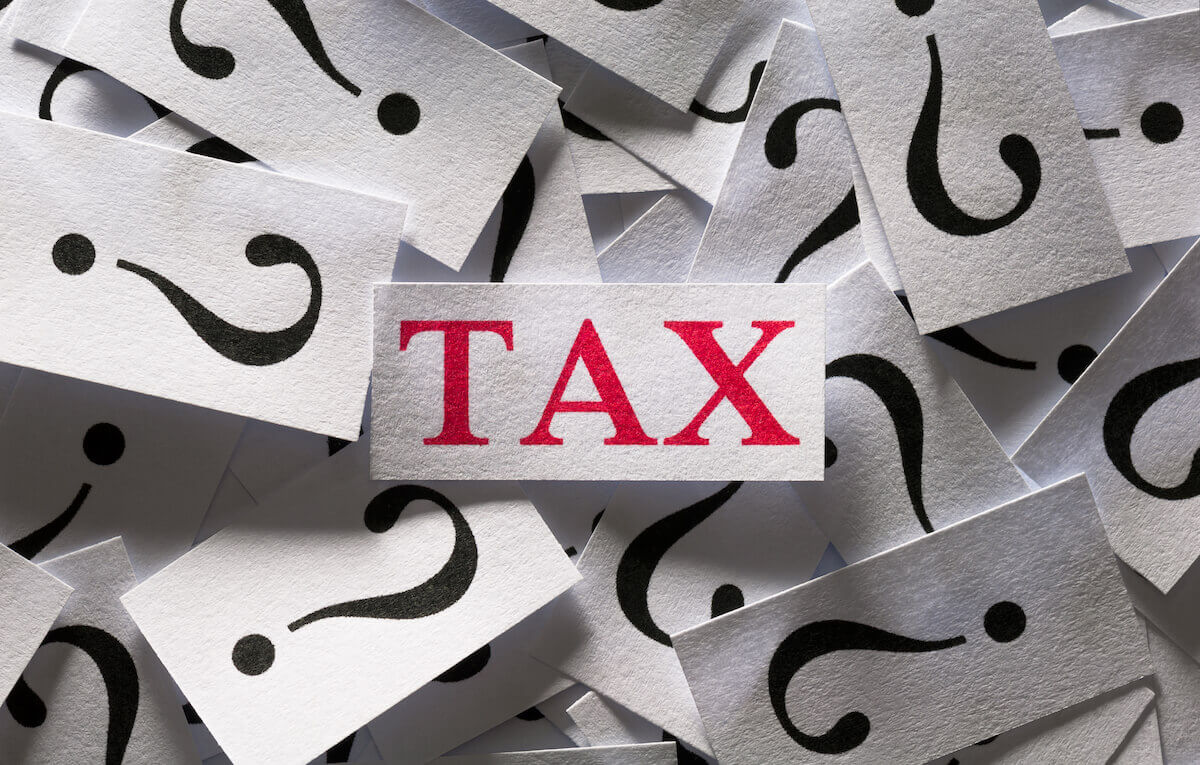IRS Rules and Compliance
The IRS rules regarding the use of IRA or 401(k) funds for non-traditional investments are intended to ensure that all benefits from such activities accrue to the plan, rather than the individual. Put simply, because this money is given special, tax-sheltered status, you cannot personally benefit, other than by knowing that you are growing your retirement savings.
Understanding the rules governing IRA funds is critical to your ability to get the most out of your plan without creating exposure to tax penalties, but this can be a difficult prospect. IRS guidelines are not exactly notorious for clarity and easy comprehension. At Safeguard Advisors, one of our key roles is to work with you to make sure you are fully informed about the rules and how they apply to your intended investments.
This section of our blog is designed to help you navigate the often complex IRS rules and compliance guidelines and ascertain how they will affect your self-directed IRA or solo 401(k) plan investment activities. Articles in this category cover topics such as how to avoid prohibited transactions, effectively managing your required minimum distributions (RMDs), handling Roth IRA conversions, and more.
UPDATED OCTOBER 28TH, 2021 Per the modified "Framework" for the Build Back Better Act presented by President Biden on October 27th, all proposed retirement plan changes have been dropped from the FY2022 Budget Act. Until the final law is signed,…
The beauty of a self-directed IRA or Solo 401(k) is that you can invest in a wide array of opportunities. By being able to invest in what you know and understand, you can have greater control over the outcomes. The…
A Solo 401(k) is a fantastic tool for growing wealth with tax-sheltered retirement savings. When most people think about a self-directed IRA or 401(k) plan, they concentrate on the investment flexibility. Being able to invest in real estate, private placements,…
Making regular contributions to your self-directed Checkbook IRA is a great way to maximize the tax-savings of your plan. While most people focus on the fact that a self-directed IRA allows for a broad range of investment choices such as…
IRS rules stipulate that certain investors are required to take distributions from IRA and 401(k) plans. The mandatory withdrawals are referred to as Required Minimum Distributions (RMDs). The SECURE Act of December 2019 and the CARES Act of March 2020…
As a response to the expanding COVID-19 pandemic and the significant impact it is having on our economy, congress passed the Coronavirus Aid, Relief, and Economic Security (CARES) Act in late March. Within this wide-ranging law, there are several changes…
The 2019 year-end domestic appropriations bill included the Setting Every Community Up for retirement Enhancement Act (SECURE ACT). The SECURE act contains several substantive changes to IRA and 401(k) based retirement plans. While the law makes changes in a range…
As part of the 2019 year-end domestic appropriations bill, a significant package of rule changes for IRA and 401(k) based retirement plans known as the Setting Every Community Up for retirement Enhancement Act (SECURE ACT) was included. This act passed…
Most of us think about IRA and 401(k) retirement plans as being completely tax-sheltered. So many investors are shocked when they learn that this isn’t entirely true. Some types of investments made within an IRA can create a tax liability…
Investing in real estate can be expensive. For many investors who want to diversify their retirement savings into assets such as rental property, access to capital can be a barrier. We’re often asked whether it’s possible to combine IRA and…










